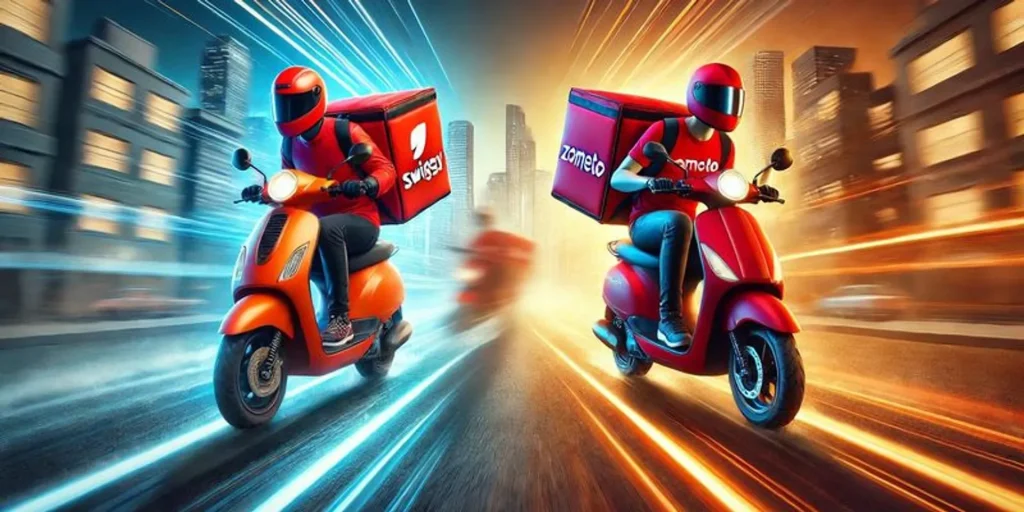India’s food delivery system is facing growing concerns over the new 10-minute delivery services introduced by platforms like Swiggy and Zomato. The rapid pace of these services has sparked debates around convenience, data privacy, pricing, and the overall fairness of the ecosystem. As consumers, it’s essential to navigate through this complex landscape while considering the implications on our data, choices, and the local restaurant industry.

Data Privacy in Focus
The introduction of the Draft Digital Personal Data Protection (DPDP) Rules 2025 brings data privacy to the forefront. Under these new guidelines, platforms like Swiggy and Zomato must disclose what personal data they collect and how it’s used. However, with some data potentially transferred outside India, it’s crucial that consumers demand stronger protection against misuse, especially regarding sensitive information like payment details and addresses.

The Illusion of Choice
Despite appearing to offer a wide array of options, food delivery platforms may limit consumer choice through hidden biases in their algorithms. Allegations suggest that certain platforms prioritize restaurants based on exclusive partnerships or higher commissions, potentially narrowing consumer options. As platforms gain influence over our food choices, transparency becomes key to ensuring that independent, smaller restaurants are not marginalized.
The True Cost of Convenience
While food delivery services promise convenience, it often comes at a cost that extends beyond delivery fees. High commission rates charged by platforms, sometimes as much as 30%, are typically passed onto consumers in the form of higher prices. Additionally, the pressure to deliver meals quickly can compromise the quality of food and put unnecessary strain on restaurants.
Fairness in the Food Chain
Smaller restaurants are particularly vulnerable in the current system, feeling compelled to partner with delivery platforms despite the high costs involved. Concerns have been raised about the fairness of Swiggy and Zomato’s entry into private-label food delivery, which could create an uneven competitive environment. If smaller businesses continue to be squeezed, consumers might see fewer choices in the future, threatening the diversity of India’s food scene.

What Consumers Can Do
To address these issues, consumers can take action by demanding transparency in how platforms rank and select restaurants. Supporting fair practices, such as regulations to cap commissions, can also level the playing field. Opting to order directly from restaurants, especially local ones, is another way to support small businesses and maintain better pricing. Finally, consumers should voice their opinions on the DPDP Rules 2025 to ensure their data is handled with care.
Conclusion
The 10-minute delivery controversy is just one part of a much larger debate over the future of India’s food delivery industry. By staying informed and engaged, consumers can help shape an ecosystem that is fair, transparent, and respects both data privacy and the needs of local restaurants. The future of food delivery depends on finding a balance between convenience and fairness, benefiting everyone involved.
